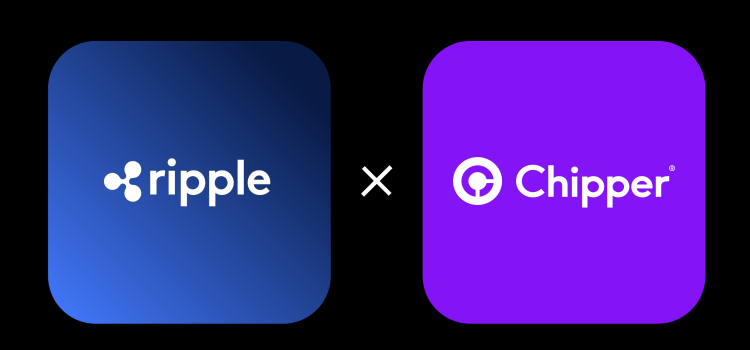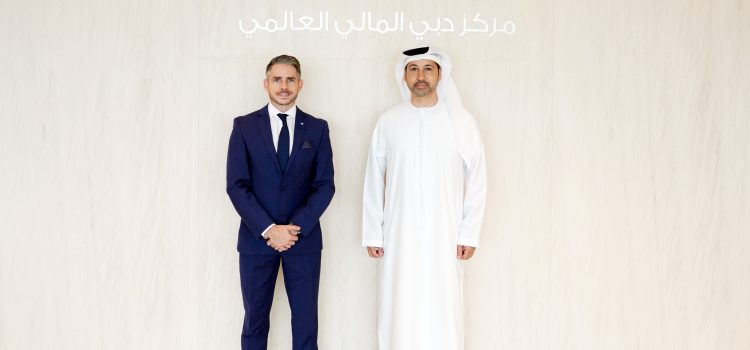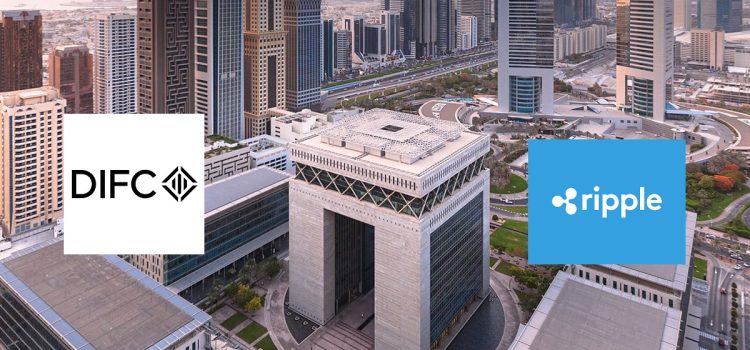
Ripple has partnered with Ctrl Alt, a real estate tokenization infrastructure platform that is being used by the Dubai Land Department, to provide its custody technology. Ripple is now supporting the real estate tokenization project, Prypco Mint platform, with its XRP Ledger blockchain technology, as well its custody solutions.
Ripple will offer scalable and secure storage for Dubai’s tokenized real estate title deeds, which are being issued on the XRP Ledger (XRPL). Ctrl Alt will be Ripple’s first major token custody partner in the UAE.
Reece Merrick, Managing Director for Ripple in Middle East and Africa noted that this is a perfect example of innovative forward thinking positioning that puts Dubai at the heart of the global digital asset industry.
He adds, “This is the first time a government real estate registration authority in the Middle East has tokenized property title deeds on a public blockchain. That the DLD has chosen the XRPL for this is really exciting and reinforces the XRPL’s credentials as the blockchain of choice for serious financial use cases.”
Ctrl Alt recently secured its VASP license from VARA, making it the first VASP authorized entity to conduct issuer-related services.
Matt Ong CEO and Founder of Ctrl Alt added that it made perfect sense to partner with Ripple to use their custody technology. He stated, “Partnering with Ripple allows us to leverage proven and trusted technology that meets the highest security and operational standards.”
Less than a month after the first tokenized property was sold out, PRYPCO Mint, the joint initiative between the Dubai Land Department (DLD) and PRYPCO licensed by the Virtual Assets Regulatory Authority (VARA), offered second tokenized property listing which sold out in less than two minutes.
The property at Kensington Waters was worth $653,000, PRYPCO offered investors the chance to own parts of the property starting at 2,000 AED, which is equivalent to $544.
Launched on 25 May 2025, PRYPCO Mint listed its first property that was sold out in less than 24 hours. The two-bedroom apartment in Business Bay attracted 224 investors from over 40 nationalities, with an average investment of AED 10,714 or $2,900.
Soon after a third property was funded in just 5 minutes by 169 investors. The property was the first tokenized villa to be funded.
Today PRYPCO Mint dropped two New Properties in Dubai Marina and MBR City.
Additionally the Dubai Land Department recently announced it will be using crypto for payments.
Ripple has been expanding its offering in the UAE, first when it got licensed as the first blockchain-enabled payments provider by the Dubai Financial Services Authority (DFSA). Secondly, when it partnered with Zand Bank, which is also partnering with the DLD project, and Mamo, who will utilize Ripple’s blockchain-enabled cross-border payments solution. And third, when Ripple’s stablecoin RLUSD was recognized as a crypto token by the DFSA for use within the Dubai International Financial Centre (DIFC).

















